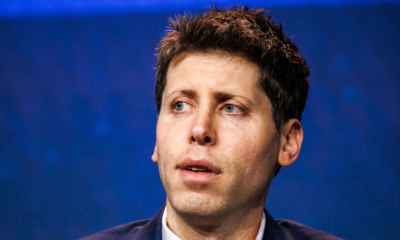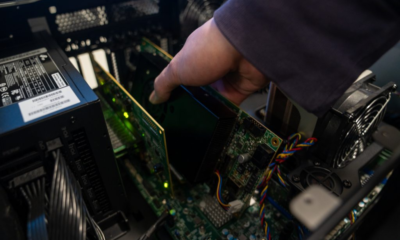Tech News
How is quantum technology used in the military? – Army Technology
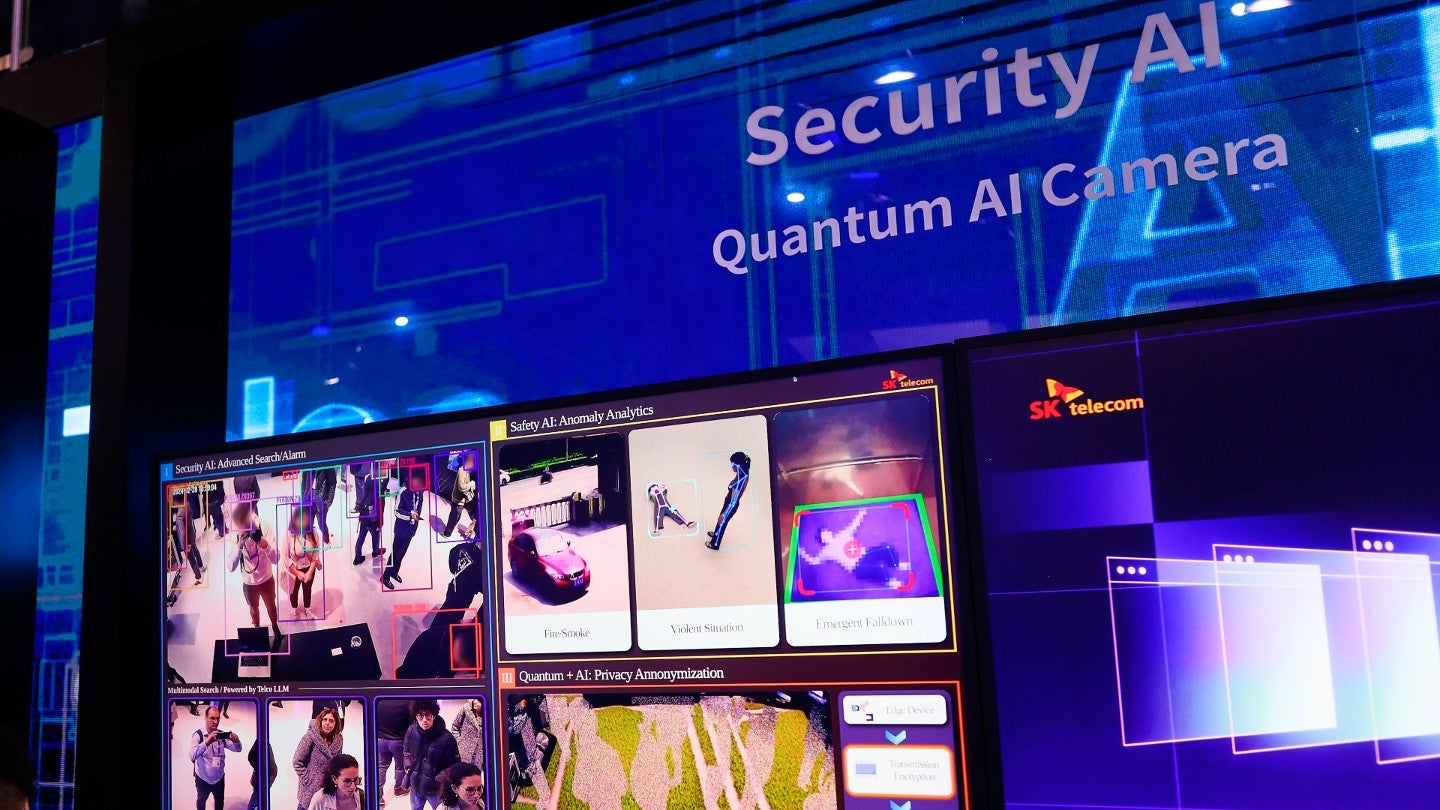
Quantum technology is at the forefront of most advanced nations’ long-term defence planning.
The dangers quantum technology poses to encryption networks has made it a point of increasing geopolitical sensitivity – forcing the US, China and other major world players to develop national quantum strategies.
The Pentagon, Chinese People’s Liberation Army (PLA) and Nato are among the leading military bodies investing heavily in quantum technology, according to GlobalData’s Quantum Computing in Aerospace, Defense and Security – Thematic Intelligence report.
The gold standard of business intelligence.
Find out more
There are three main strands used in defence: quantum computers (to process large amounts of data faster and more accurately than traditional computers), quantum sensing (detecting enemy submarines or mines) and quantum communication (secure channels for communication protected from eavesdropping).
Close ties to Microsoft, IBM, Intel and other tech giants give the US a key advantage in developing quantum technology for military applications.
In 2022, President Biden signed the CHIPS and Science Act, which “authorises new investments in core quantum research programs” while the US military also announced $3bn of federal quantum projects, with an additional $1.2bn coming from the National Quantum Initiative.
The Pentagon’s so-called black budget projects are expected to further fund quantum computing initiatives.
Access the most comprehensive Company Profiles on the market, powered by GlobalData. Save hours of research. Gain competitive edge.
Your download email will arrive shortly
We are confident about the unique quality of our Company Profiles. However, we want you to make the most beneficial decision for your business, so we offer a free sample that you can download by submitting the below form
While the US may struggle to compete with China’s focused research in quantum communication through its centralised, state-led approach, the sheer range of hardware research increases the likelihood of major quantum breakthroughs happening in Washington first.
The US CHIPS and Science Act is open in its intentions to “counter China” – which will be no mean feat.
China is committing more than $15bn to quantum computing over the next five years and is drawing expertise from across the country through its $10bn National Quantum Lab at USTC Hefei.
Over the long term, China’s autocratic economic model will be an advantage over the US; less bureaucracy and pushback against quantum investments.
While Beijing maintains a cloud of secrecy around the nature of its quantum investments, “intermittent announcements demonstrate its strong position in quantum computing”, the report adds.
For example, the PLA is the world leader in quantum communication through the Micius satellite project and the Beijing–Shanghai Quantum Secure Communication Backbone. But quantum supremacy claims from some of the world’s fastest photon-based and supercomputing quantum computers show its true potential.
While far behind the US and China, the EU’s Quantum Technologies Flagship program will provide $1.2bn of funding over the next ten years.
Individual member states are rolling out various R&D initiatives, with France and Germany, Europe’s largest economies, having the most comprehensive national strategies.
Germany announced $3bn to develop quantum technologies in May 2023, and although start-ups in the Netherlands, Finland, Spain and Austria have made notable contributions, this number remains unsurpassed.
In February 2021, Nato Defence Ministers endorsed the Emerging and Disruptive Technologies (EDT) Strategy within which quantum-enabled technology was one of the nine technology areas promoted.
Nato’s Defence Innovation Accelerator for the North Atlantic (DIANA) has been a particular driver of quantum investment.
DIANA’s conceptualisations of quantum underwater warfare, inertial navigation and chemical detections have been widely used as benchmarks for the technology’s military applications.
The EU and Nato’s investments will be driven in part by Russia – a newer quantum computing player.
Alongside India, Moscow established a quantum agenda in 2020. Both governments committed $1b, with Russia’s National Quantum Laboratory, led by its state atomic energy company, Rosatom, pledging to specialise in applying quantum technologies in the nuclear industry.
However, the report concludes that both countries’ smaller talent pools and loosely built ecosystems mean it will be several years before they are competitive with the US, China, and other more established quantum players.
Give your business an edge with our leading industry insights.
The gold standard of business intelligence.
Find out more
Give your business an edge with our leading industry insights.
Give your business an edge with our leading industry insights.
I consent to Verdict Media Limited collecting my details provided via this form in accordance with Privacy Policy
View all newsletters from across the GlobalData Media network.
The leading site for news and procurement in the defence industry
Powered by 
© Verdict Media Limited 2024
Tech News
Mechanical Engineering Outstanding Senior 2024: Spencer Macturk – Virginia Tech

Alex Parrish
view all
view all
view all
view all
view all
Virginia Tech demonstrates impact as a global land grant – progressing sustainability in our community, through the Commonwealth of Virginia, and around the world.
Get Directions
See All Locations
Contact Virginia Tech
For the media
© 2024 Virginia Polytechnic Institute and State University. All rights reserved.
Tech News
Biden administration taps tech CEOs for AI safety, security board – NBC News
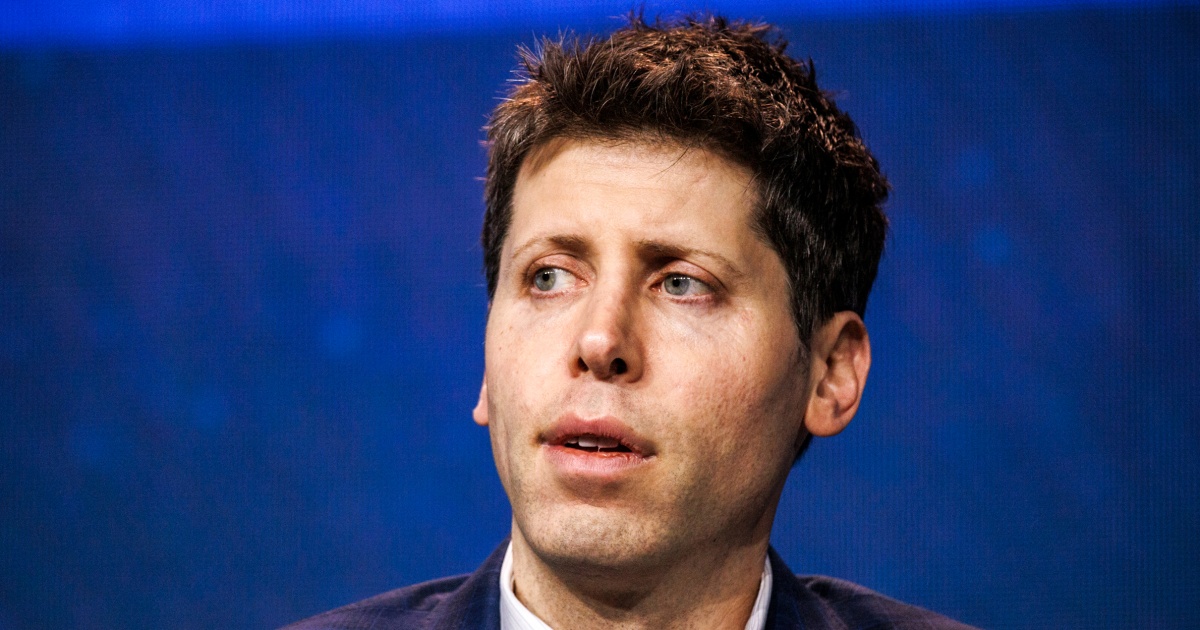
Profile
Sections
tv
Featured
More From NBC
Follow NBC News
There are no new alerts at this time
The Department of Homeland Security established an advisory panel Friday to study how to protect critical infrastructure including power grids and airports from threats related to artificial intelligence.
The Artificial Intelligence Safety and Security Board, which has 22 initial members, includes high-profile figures in tech like OpenAI CEO Sam Altman, Microsoft CEO and chairman Satya Nadella and Alphabet CEO Sundar Pichai, according to a statement from the DHS.
President Joe Biden ordered the creation of the board in October when he signed a wide-ranging executive order on AI, representing the federal government’s first foray into trying to regulate the technology since advanced AI apps including OpenAI’s ChatGPT went viral in popularity.
The board’s mission includes developing recommendations “to prevent and prepare for AI-related disruptions to critical services that impact national or economic security, public health, or safety.”
AI experts have identified a wide array of potential security threats that the new technology could make possible, from swarms of autonomous drones to cheap and lethal bioweapons to more effective hacking threats against critical computer systems.
The government’s defense may involve using AI to fight AI, the DHS said.
“The Board will develop recommendations to help critical infrastructure stakeholders, such as transportation service providers, pipeline and power grid operators, and internet service providers, more responsibly leverage AI technologies,” the department said.
Homeland Security Secretary Alejandro Mayorkas said in a statement that AI “can advance our national interests in unprecedented ways” but that it also “presents real risks — risks that we can mitigate by adopting best practices and taking other studied, concrete actions.”
In addition to tech CEOs, the board includes the CEOs of Delta Air Lines, defense contractor Northrop Grumman and oil producer Occidental Petroleum, as well as Maryland’s Democratic Gov. Wes Moore, Seattle Mayor Bruce Harrell and the leaders of two civil rights organizations.
David Ingram covers tech for NBC News.
© 2024 NBC UNIVERSAL
Tech News
What is AI, how does it work and what can it be used for? – BBC.com
-

 General Knowledge2 years ago
General Knowledge2 years agoList of Indian States and Capital
-

 General Knowledge2 years ago
General Knowledge2 years agoList Of 400 Famous Books and Authors
-

 Important Days4 years ago
Important Days4 years agoImportant Days of Each Month
-

 General Knowledge2 years ago
General Knowledge2 years agoCountries and their National Sports
-

 General Knowledge3 years ago
General Knowledge3 years agoCountry Capital and Currency
-

 Important Days3 years ago
Important Days3 years agoHoli
-
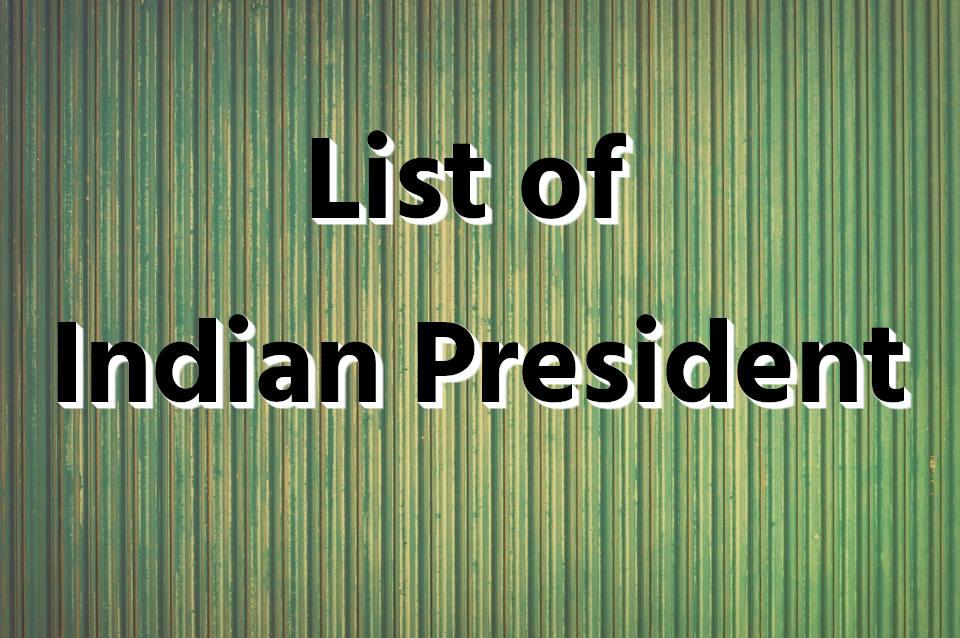
 General Knowledge2 years ago
General Knowledge2 years agoList of Indian President
-
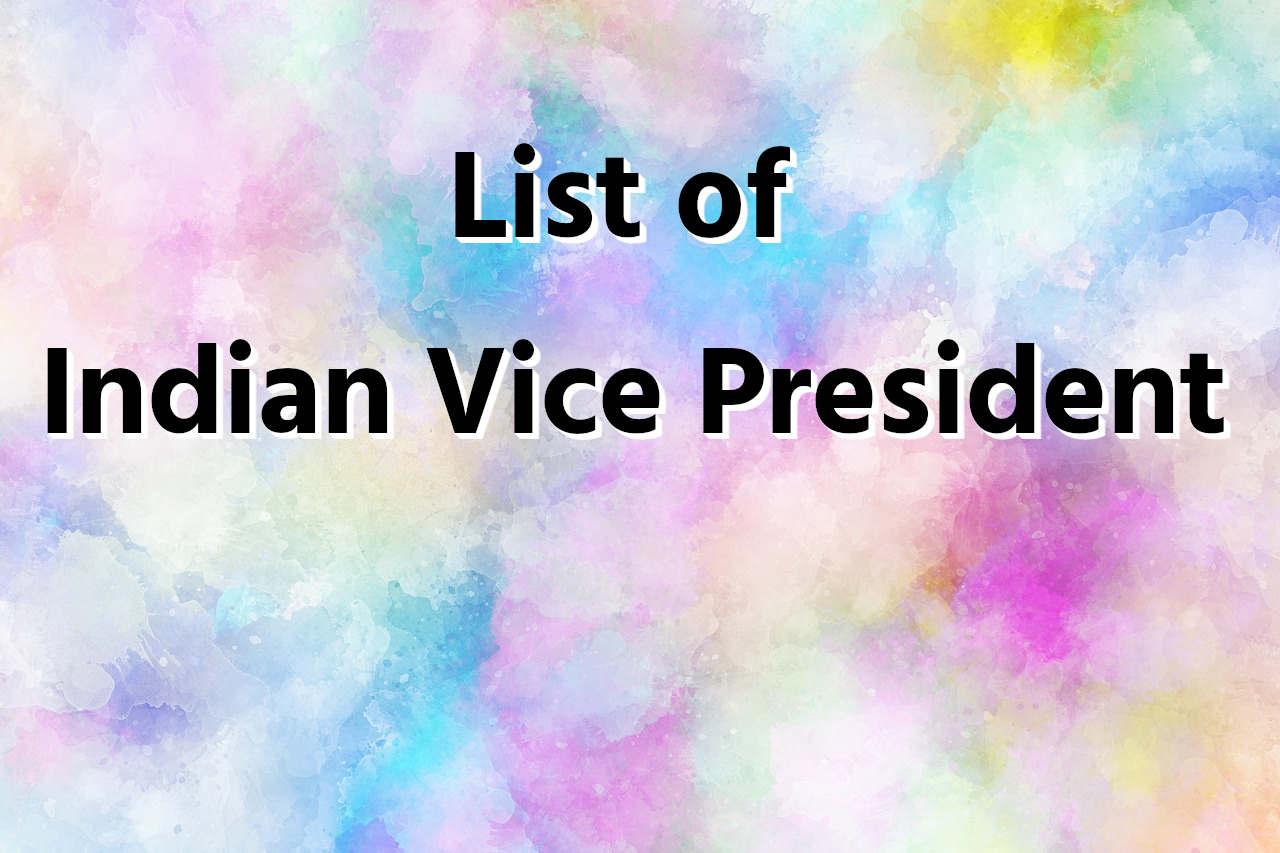
 General Knowledge2 years ago
General Knowledge2 years agoList of Indian Vice President




